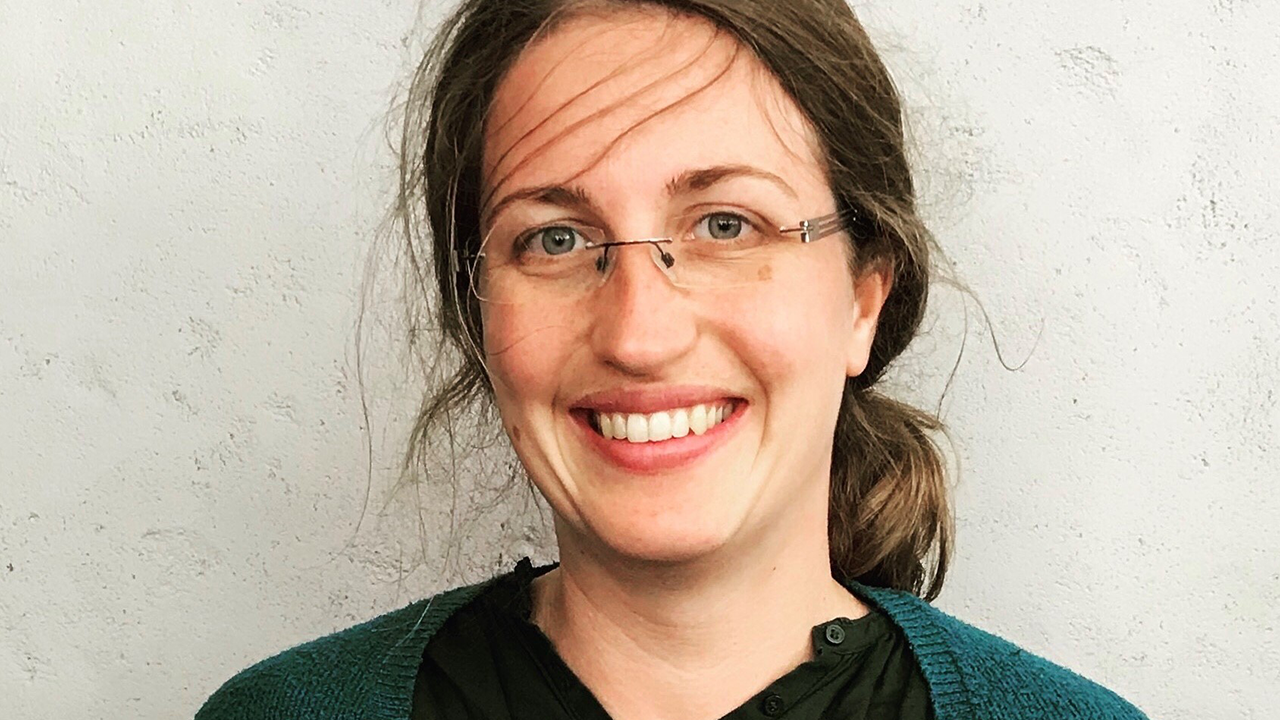Congratulations Katharina Jochemko to Göran Gustafsson Prize

Katharina Jochemko, funded by WASP, has received Göran Gustafsson Prize for younger researchers at KTH, small version; 750 000 SEK.
Congratulations!
How does it feel to receive a Göran Gustafsson Prize for younger researchers?
Thank you! I am, of course, very happy and delighted that I received the prize and I would like to thank the Göran Gustafsson Foundation for supporting my research.
How do you plan to use the fundings?
I have only recently started as an assistant professor in mathematics, a position funded by WASP, and I am in the process of building my own research group. The funding from the Göran Gustafsson Foundation will be used to further support my efforts towards this.
What is your area of research?
My research interests lie at the intersection of discrete mathematics and geometry. I study polyhedra, such as cubes, pyramids or soccer balls (truncated icosahedra), in higher dimensions. These structures appear naturally in many areas in and outside mathematics, for example, optimization, statistics, computer graphics and chemistry. Also many artificial intelligence systems, such as graphical models or neural networks, posses underlying polyhedral structures. With my research in polyhedral geometry I want to contribute to a better fundamental understanding of AI.
What excites you the most about your area of research?
In my research I combine and develop methods from geometry and combinatorics. It is always very fascinating to see how a change of perspective leads to new insights in the other area. The fundamental nature of polyhedra furthermore opens up the possibility of many potential application areas, which I find particularly exciting.
In what way is your area of research interesting for a non-researcher and for the future?
Artificial intelligence shapes many aspects of our daily life, for example, social media, spam filters, search engines or product recommendations. AI algorithms drive these applications but much of the theoretical foundations for these still remain to be understood and built upon. A more fundamental mathematical understanding could help to improve these systems further and to overcome some of their current challenges.

